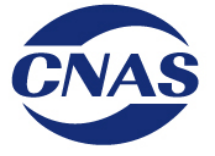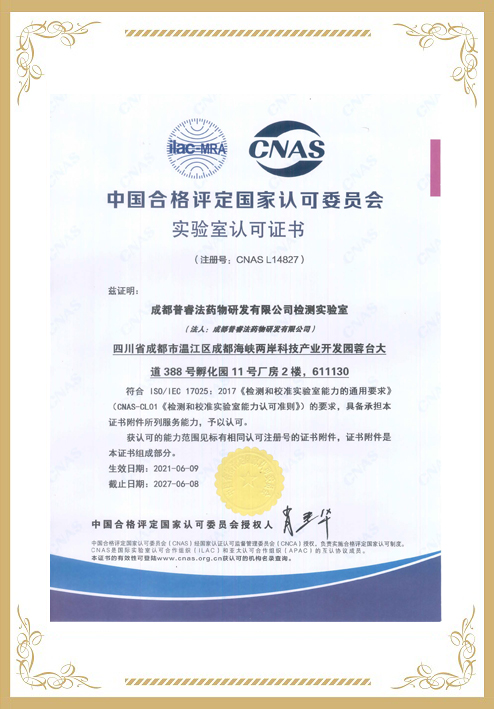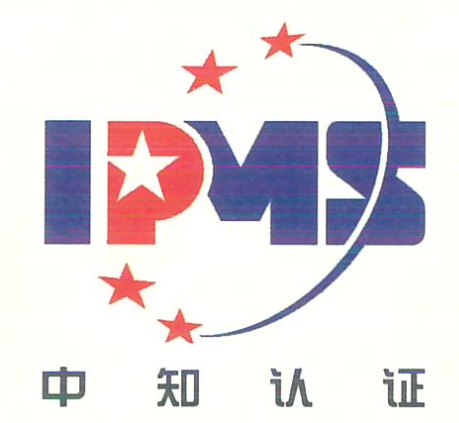Melanosis and quality changes of pre-cooked Pacific white shrimp treated with epigallocatechin gallate (EGCG) with the aid of ultrasound were monitored during refrigerated storage at 4 °C for 10 days. Shrimps subjected to pre-cooking (70 °C, 30 s), followed by soaking in 0.25% (w/v) EGCG solution with sonication (ultrasound: frequency of 20 kHz, intensity power of 750 W) showed lower melanosis score than those treated with EGCG prior to pre-cooking. Longer sonication time (10–15 min) enhanced the efficacy of melanosis inhibition in treated shrimp (P < 0.05). Microbiological analyses revealed that pre-cooked shrimps treated with EGCG solution using ultrasound showed lower total viable count, psychrophilic bacteria,Pseudomonas spp., H2S-producing bacteria and Enterobacteriaceae counts than the control and those treated with EGCG or ultrasound alone, throughout 10 days of storage. Lower total volatile base (TVB) content was detected in shrimps treated with EGCG and ultrasound, and these shrimps also showed higher scores for color and overall likeness with coincidentally lower melanosis score than others (P < 0.05) at the end of storage. Therefore, soaking of pre-cooked shrimps in EGCG solution with the aid of ultrasound for sufficient time could be a promising method to prevent melanosis and deterioration in pre-cooked Pacific white shrimp during the extended refrigerated storage.
... 2. Materials and methods. 2.1. Chemicals.
(?)-Epigallocatechin gallate (EGCG) was obtained from Chengdu
Biopurify Phytochemicals Ltd. (Sichuan, China). Trichloroacetic acid (TCA) was procured from Merck (Darmstadt, Germany). ...























